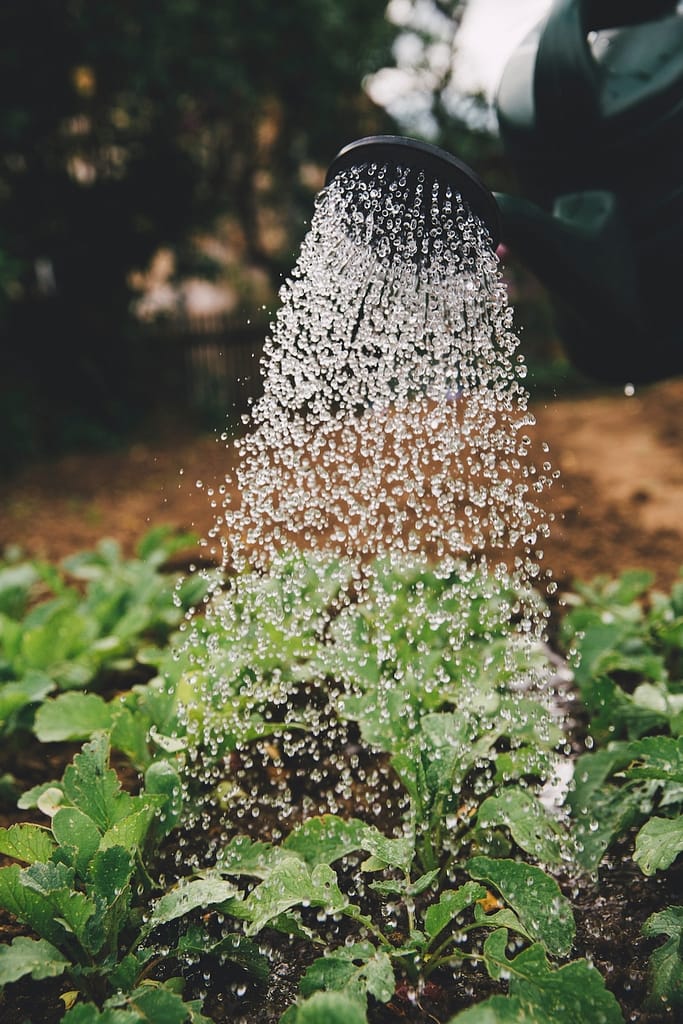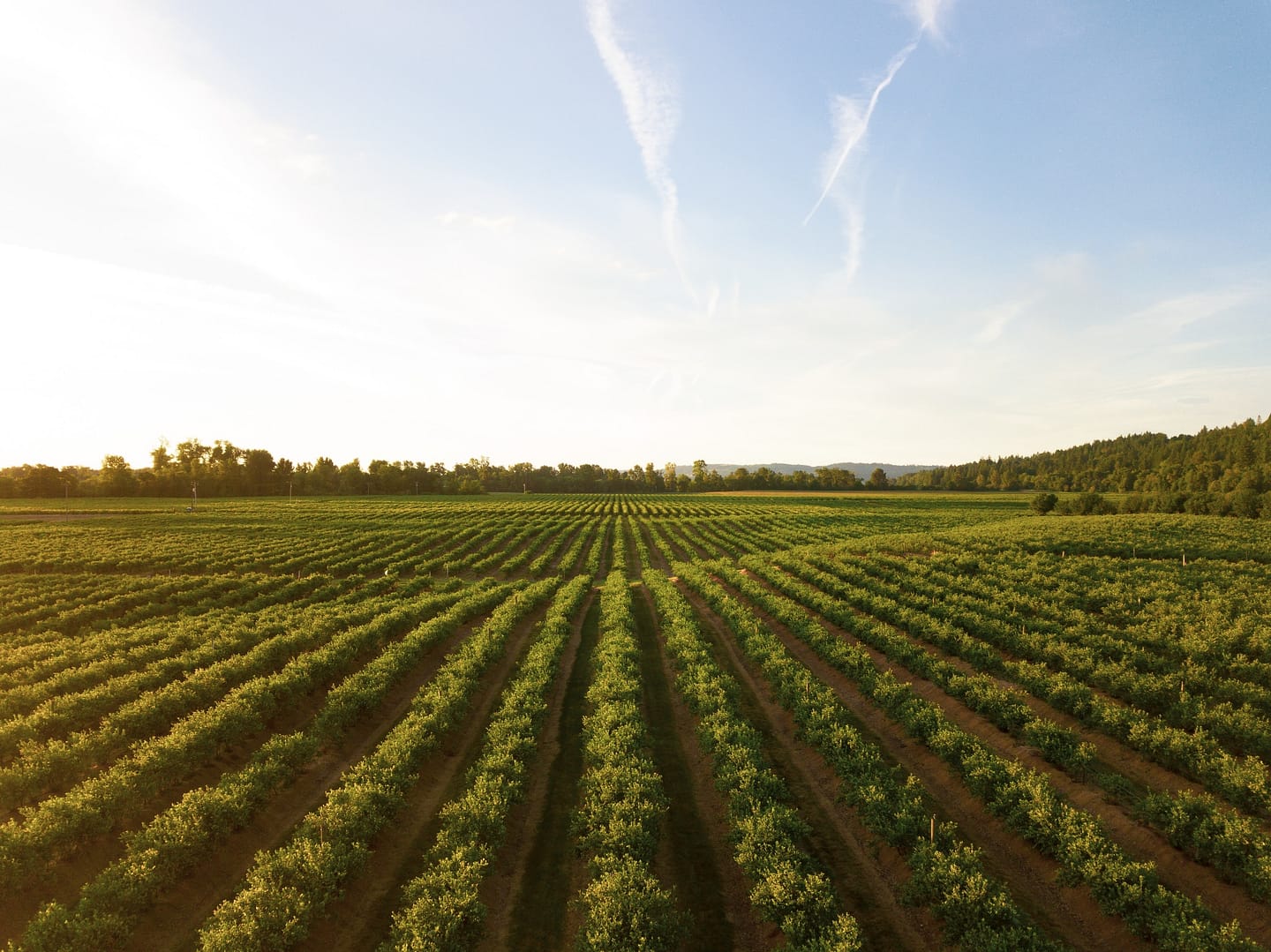One of the most important aspects of my role is to understand where my ingredients come from, and how they are produced. That’s why I am a big advocate of biodynamic farming, a holistic approach to agriculture that not only benefits the environment but also produces better quality produce.
Biodynamic farming is a method of farming that emphasizes the interrelationship between the soil, plants, and animals. It’s a holistic approach that views the farm as a self-sustaining organism, where everything is connected and in harmony. The principles of biodynamic farming go beyond organic farming, as it takes into account the phases of the moon and the position of the stars and planets when planting and harvesting.

One of the biggest benefits of biodynamic farming is the quality of the produce. Biodynamically grown crops are often richer in flavor, more nutritious, and have a longer shelf life. This is because the soil is treated as a living organism, with a focus on improving the health of the soil through composting, crop rotation, and the use of natural fertilizers. By nourishing the soil, biodynamic farming creates a healthy and thriving ecosystem that produces high-quality produce.
Another benefit of biodynamic farming is its positive impact on the environment. By using natural fertilizers, minimizing the use of chemicals, and prioritizing biodiversity, biodynamic farming is a sustainable method of agriculture that benefits the land, water, and air. It also promotes the conservation of endangered species and helps reduce the carbon footprint of farming.



